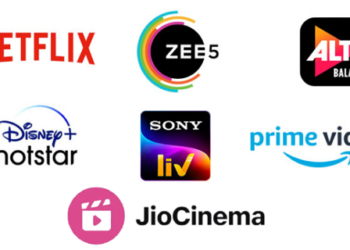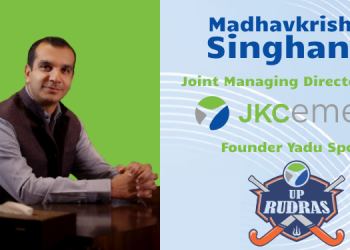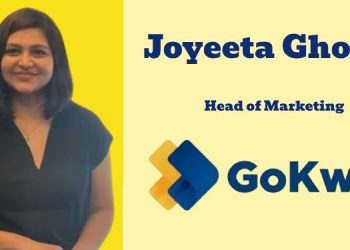Who took the cookie from the cookie jar? Browser took the cookie from the cookie jar. Who me? Yes, you! Not me! Then who? Tracker! Who took the cookie from the cookie jar? Tracker took the cookie from the cookie jar. Who me? Yes, you! Not me! Then who? Brand took the cookie from the cookie jar…Welcome to the merry go round.

A cookie is a small piece of data sent from a website and stored on the user’s computer by the user’s web browser while the user is browsing. Cookies were designed to be a reliable mechanism for websites to remember stateful information or to record the user’s browsing activity. They can also be used to remember arbitrary pieces of information that the user previously entered into form fields such as names, addresses, passwords, and credit-card numbers.
There are two types of cookies. Authentication cookies and Tracking cookies. Authentication cookies are required by the web servers to know whether the user is logged in or not to send the right information to the them. Tracking cookies are commonly used as ways to compile long term records of users’ browsing behaviour and history to provide better digital experience.
The history of the internet demonstrates its reliance on advertising and marketing for its survival, expansion and dominance today. Internet platforms and intermediaries have long survived on the “arbitrage” of cookies (privacy) for experience (personalisation). Along grew this business of arbitrage in the form of data controllers and data processors, which prompted Clive Humby to coin the phrase “data is the new oil” in 2006.
All was well till the balance between brands, platforms and the consumers developed a major asymmetry in its value exchange (arbitrage). The first sign of recognition to this imbalance came in the form of the European Union’s GDPR adopted in 2014 and enforced in 2018. By the turn of the previous decade, we had almost every single nation in the world having its own version of GDPR in some or the other, essentially to restore the balance between brands, platforms and consumer. RIP Tracking.
Google’s announcement to phase out the support for third party (tracking) cookies last week, is a defining moment in the history of advertising, not just for the internet. Google gets 2 years to decouple themselves from the world of advertising, if required, and in the meanwhile, focus on building the next alternative. With more than 50% of the advertising dollars now moving online, perhaps, this is the time to take the plunge. In these coming two years, the undeniable of impact 5G is squarely going to give the power back to two entities – the device and its user. Network of computers built the web of the past. Computational power will build the web of the future. Who cares for trackers?
It is interesting to read all the responses to Google’s announcement. Almost every single response is a reaction. There are POVs, opinions, recommendations, features, interviews and position papers on what should the industry do “as a response” to this announcement. What Google is going to do next, is almost drowned in this noise. While the data owners, controllers and processors are grappling with how they have to change their business model, a new paradigm is slowly emerging, from Google, towards building a more private web.
Google is exploring as to how to deliver advertising to large groups of similar people without letting “individually identifying data” ever leaving the browser – building on “differential privacy” and “federated learning”. Google is also taking an interesting high ground by leaving the responsibility to publishers and advertisers to improve their content and personalisation, should they want to grow their business. It took brands almost a decade to come to terms with SEM and SEO. Now they have two years to come to terms with “differential privacy” and “federated learning”. That is if they want to.
By definition “federated learning” is a distributed machine learning paradigm. It’s primary purpose is to preserve data privacy. While the data sets are fully localised on end user devices, computationally, there is an aggregator who will be coordinating the learning progress. The decision to select and integrate local data into the global learning model is in the hands of this aggregator. It will be a misplaced optimism to assume that the aggregator will be fair and impartial.
Here is my recommendation to all the brands, platforms and consumers. Do not wait for the private web to emerge and then react to it. Like in the past. Start playing an active role by becoming a stakeholder in this open source initiative. This is not just for the web community. It should be equally representative of the brands, platforms and the users. They helped the internet to reach where it is today. They should be part of the next journey as well.
Federated Learning needs to be free from any central aggregator, where not just the selection and integration of local data, but the computational power in building the global model must also be decentralised.
Let us not have another merry go around in the next 2 years. Let us together build the web of the future. Built on trust, transparency and convenience. Where the value exchange is symmetric and authentic.

















